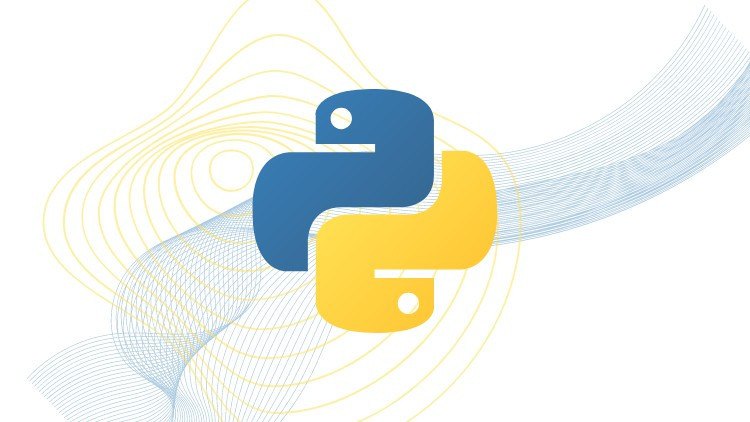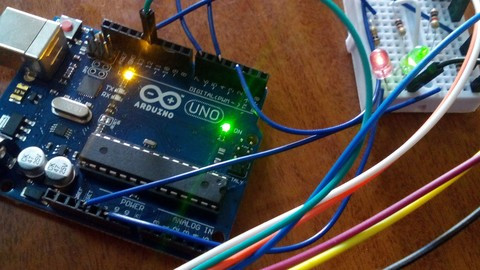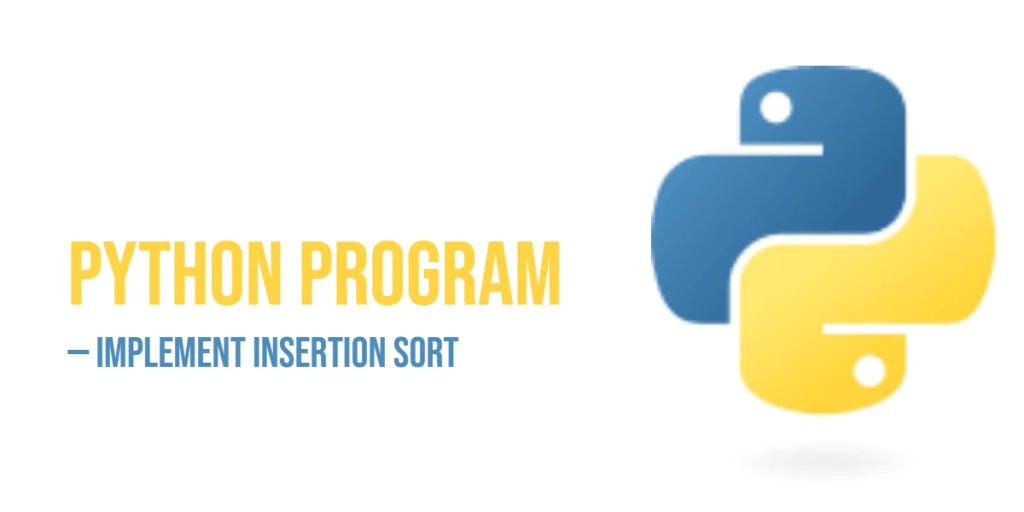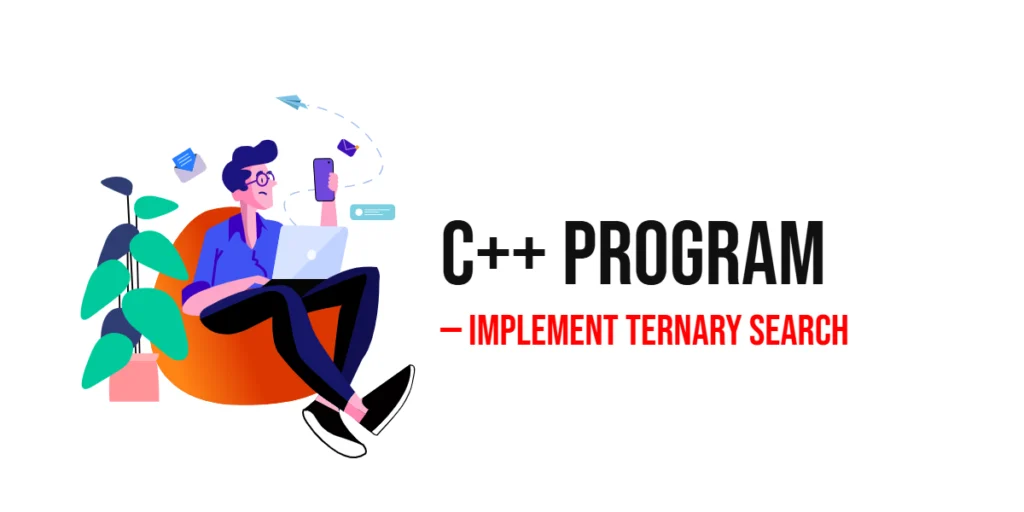C Type Conversion and Casting are fundamental concepts in the world of programming, especially when working with the C programming language. These techniques play a pivotal role in manipulating data types and ensuring compatibility between them. In this article, we will delve deep into the realm of C Type Conversion and Casting, exploring their importance, mechanisms, and practical applications.

with hands-on learning.
get the skills and confidence to land your next move.
What is Type Conversion?
Type conversion, also known as type coercion, is the process of changing a value from one data type to another. In C, this operation is carried out to ensure that data can be used consistently and meaningfully across different parts of a program. There are two main types of type conversion: implicit (automatic) and explicit (manual).
Implicit Type Conversion
Implicit type conversion, also called automatic type conversion, occurs when the compiler automatically converts one data type to another without the need for explicit instructions from the programmer. This conversion is based on predefined rules and usually involves widening conversions, where a smaller data type is promoted to a larger one to prevent data loss.
Consider the following example:
#include <stdio.h>
int main() {
int num = 42;
// Implicit conversion from int to double
double result = num;
printf("The result is equal to %f.\n", result);
return 0;
}In this case, the integer num is implicitly converted to a double to assign it to the variable result. The conversion is seamless and doesn’t require any additional code.
Explicit Type Conversion (Casting)
Explicit type conversion, also known as casting, is a manual process where the programmer specifies the data type to which a value should be converted. This type of conversion is essential when the automatic conversion doesn’t match the programmer’s intentions or when narrowing conversions are required (converting a larger data type to a smaller one, potentially losing data).
The most commonly used casting operator is (type). Here’s an example:
#include <stdio.h>
int main() {
double pi = 3.14159265359;
// Explicit conversion from double to int
int approxPi = (int) pi;
printf("The approxPi is equal to %d.\n", approxPi);
return 0;
}In this example, we explicitly cast the double value pi to an integer, resulting in data loss as the fractional part is truncated.
String to Integer Conversion
Converting a string to an integer is a frequent operation in C. This is often necessary when dealing with user input or when reading data from a file. Fortunately, C provides functions like atoi(), atol(), and atof() to make this conversion easy.
Using atoi() and atol()
The atoi() function stands for “ASCII to integer” and is used to convert a string containing an integer representation to an actual integer. Similarly, atol() is used for long integers. These functions return the converted value or 0 if the conversion fails.
#include <stdio.h>
#include <stdlib.h>
int main() {
char str[] = "12345";
int num = atoi(str);
printf("Converted integer: %d\n", num);
return 0;
}Using atof()
If you need to convert a string containing a floating-point number to a floating-point value, you can use the atof() function. It works similarly to atoi() and atol().
#include <stdio.h>
#include <stdlib.h>
int main() {
char str[] = "3.14159";
float num = atof(str);
printf("Converted float: %f\n", num);
return 0;
}Integer to String Conversion
Converting an integer to a string in C can be a bit trickier than the reverse operation. C does not provide built-in functions like itoa() to perform this conversion. However, you can achieve it using the sprintf() function from the stdio.h library.
#include <stdio.h>
int main() {
int num = 42;
// Allocate space for the string
char str[10];
// Convert integer to string
sprintf(str, "%d", num);
printf("Converted string: %s\n", str);
return 0;
}Practical Examples
Let’s explore some practical examples to illustrate the usage of type conversion and casting:
Temperature Conversion
#include <stdio.h>
double celsiusToFahrenheit(double celsius) {
return (celsius * 9/5) + 32;
}
int main() {
double celsius = 25.0;
double fahrenheit = celsiusToFahrenheit(celsius);
printf("%.2lf Celsius is equal to %.2lf Fahrenheit.\n", celsius, fahrenheit);
return 0;
}Average of Integers
#include <stdio.h>
int average(int a, int b) {
return (a + b) / 2;
}
int main() {
double num1 = 5;
double num2 = 7;
// Explicit casting
int avg = average((int)num1, (int)num2);
printf("The average of %.2lf and %.2lf is %d.\n", num1, num2, avg);
return 0;
}When and Why Type Conversion is Necessary
Maintaining Compatibility
One of the primary reasons for type conversion is to ensure compatibility between different data types used in a program. For instance, when performing arithmetic operations involving mixed data types, the compiler needs to convert the operands to a common data type to execute the operation correctly.
#include <stdio.h>
int main() {
int num1 = 10;
double num2 = 5.5;
// Implicit conversion of num1 to double
double result = num1 + num2;
printf("The result is equal to %lf.\n", result);
return 0;
}Avoiding Data Loss
Explicit type conversion is often used when there’s a possibility of data loss. For instance, when converting from a floating-point data type to an integer, the fractional part is truncated. It’s crucial to be aware of such scenarios and handle them appropriately.
Function Arguments and Return Values
Type conversion is essential when defining functions that accept arguments or return values of different data types. Casting can be used to ensure that the values passed to and returned from functions are of the expected types.
#include <stdio.h>
double calculateArea(double radius) {
return 3.14159265359 * radius * radius;
}
int main() {
int radius = 5;
// Explicit casting of radius to double
double area = calculateArea((double)radius);
printf("The calculated area is equal to %lf.\n", area);
return 0;
}Common Use Cases
- Converting Floating-Point to Integer: As shown in the previous example, you can cast a floating-point number to an integer when you want to truncate the decimal part.
- Pointer Casting: Pointers are an essential part of C programming. Casting allows you to convert pointers from one data type to another, which can be useful when working with dynamic memory allocation and data structures.
#include <stdio.h>
int main() {
int* ptr = (int*) malloc(sizeof(int));
if(ptr != NULL) {
*ptr = 8;
printf("The value at ptr is equal to %d.\n", *ptr);
free(ptr);
}
return 0;
}Here, we cast the pointer returned by malloc to an int* to indicate that we are allocating memory for integers.
- Explicit Type Sizes: Casting is often used to specify the size of data types explicitly, ensuring that your code is platform-independent.
#include <stdio.h>
int main() {
unsigned long long dataSize = (unsigned long long)sizeof(double);
printf("The value of data size is %ld.\n", dataSize);
return 0;
}This code casts the result of sizeof(dataType) to an unsigned long long to guarantee it can hold the size information correctly.
Beware of Potential Issues
While casting provides control and flexibility, it also comes with responsibilities. Here are some potential issues to be aware of:
- Data Loss: Casting can lead to data loss when the target type cannot represent the full range of the source type. For instance, casting a large long long to a smaller int may result in data truncation.
- Undefined Behavior: Improper casting can lead to undefined behavior. It’s crucial to ensure that casting operations make sense in the context of your program.
- Portability: Be cautious when casting pointers between different data types, as it may lead to portability issues on different platforms.
Conclusion
In C programming, type conversion and casting are indispensable tools that allow you to manipulate data effectively, ensure compatibility, and manage resources efficiently. While implicit type conversion may work seamlessly in many cases, explicit type conversion and casting offer you precise control over data, making them essential skills for any C programmer.
Understanding when and how to use type conversion and casting is crucial for writing robust and reliable C code. By mastering these concepts, you’ll have the ability to create code that not only works but works correctly and efficiently in various situations.
I hope you found this article informative and useful. If you would like to receive more content, please consider subscribing to our newsletter.







